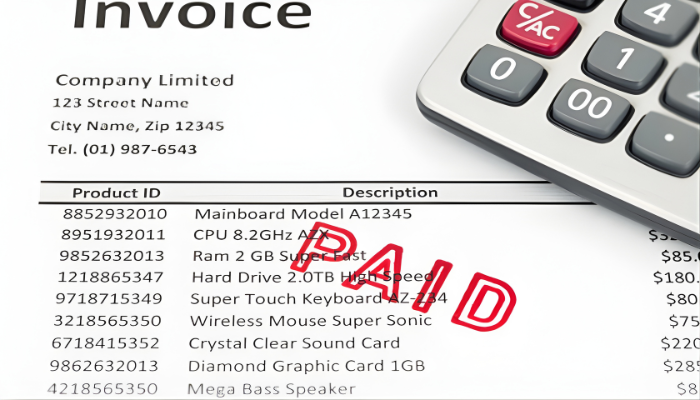
Many invoice-factoring aspects are very attractive to a business in need of extra funding. Indeed, factoring can be the key to successful business growth for many companies. Yet like all financial solutions, it’s wise to explore the potential risks of working with a factoring company. If you have reservations about partnering with a factor, let this post serve as a guidepost to myth-busting and getting the facts.
Signing with an Untrustworthy Factor
One common risk associated with factoring companies is that they’re untrustworthy. In this industry’s fledgling stages, a few bad seeds overcharged their clients and used bad business practices to take advantage of companies. Fortunately, these unprofessional factoring companies have been widely eradicated thanks to standards laid out by the Better Business Bureau, Small Business Association, and other organizations. Nowadays, factoring companies are a well-respected and widely accepted way for businesses to acquire the funds they need to grow.
Of course, it’s wise to conduct a bit of research before entering into business contracts with any company. When choosing your factor, ask plenty of questions, such as how long it’s been in business and if the company has any professional references. View client testimonials to see what the company is really like before agreeing to sign anything. Complaints, lawsuits, and a lack of referrals are all red flags of an untrustworthy factor. When it doubt, trust your gut – if you don’t trust your factor, choose a different company.
Hidden and Over-Priced Fees
Some businesses are afraid to work with factors because they believe they will be massive hidden costs and associated fees. Luckily, this isn’t truly a problem when you find an open, transparent factor that lays out its fees clearly before agreeing to an arrangement. All factoring companies charge fees for their services (be wary of factors who promise otherwise), but not all charge fairly. Find a factor with reasonable fees and, more importantly, one that is honest in discussing them with you. If you’re paying more but getting better service and quality, you’ve made the right decision.
A potential downside to invoice factoring is that service fees can add up over time. However, the higher price is typically worthwhile for immediate access to much-needed working capital. A company can easily keep up with factoring fees by knowing what to expect ahead of time and keeping copies of reports from the factor. Even when you know you can trust your factor, it’s still your responsibility to stay on top of their bills and fees.
Footing the Bill for a Flighty Customer
Invoice factoring relies on the creditworthiness and good standing of your customers. A factor will only agree to purchase accounts receivable if it believes there is a high chance of obtaining payments from your customers. If your customer declares bankruptcy, is insolvent, or simply refuses to pay the invoice, it’s a reasonable fear that you’ll get stuck with the bill. With full-recourse factoring, this is a legitimate risk. However, there are advantages to recourse funding as well. In fact, this type of factoring is the most common arrangement.
If you have creditworthy invoice clients, you can receive the lowest discounts and the most cash possible for your invoices with recourse funding. Companies that are iffy about their clients, however, don’t have to fear. Non-recourse invoice factoring allows such businesses to enjoy the perks of factoring without the risk of having to pay if your client skips out on the bill. When you opt for non-recourse factoring, the factor may protect you in situations of bankruptcy or insolvency. Keep the pros and cons of both types of factoring in mind when trying to choose which solution is right for you.
There are many myths regarding the risks of invoice factoring floating around, but with a bit of research you can quickly get the facts. Factoring has become a mainstay of the modern business sphere, enabling many savvy brands to stay afloat through tough times. Learn as much as you can about factoring before you make your decision.














